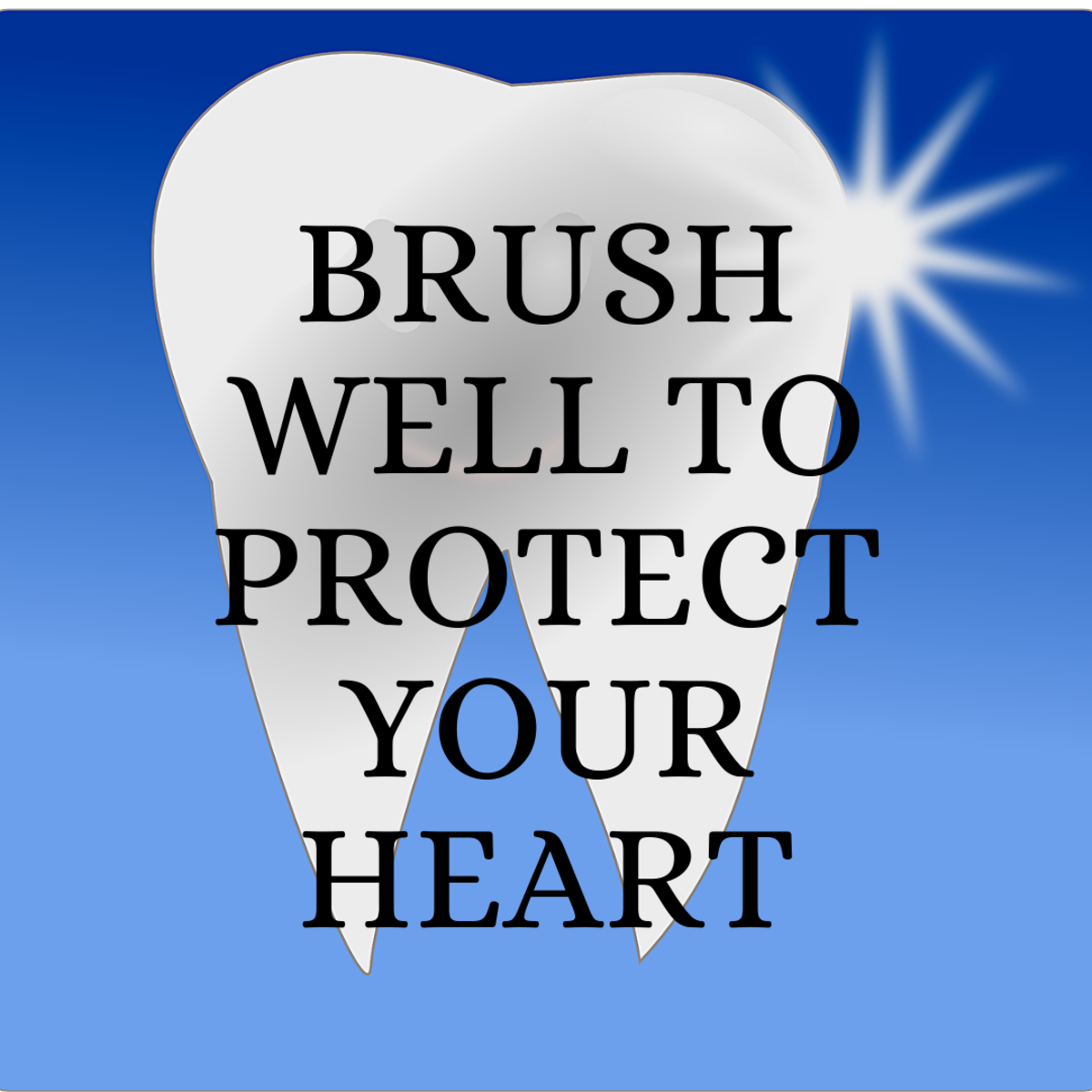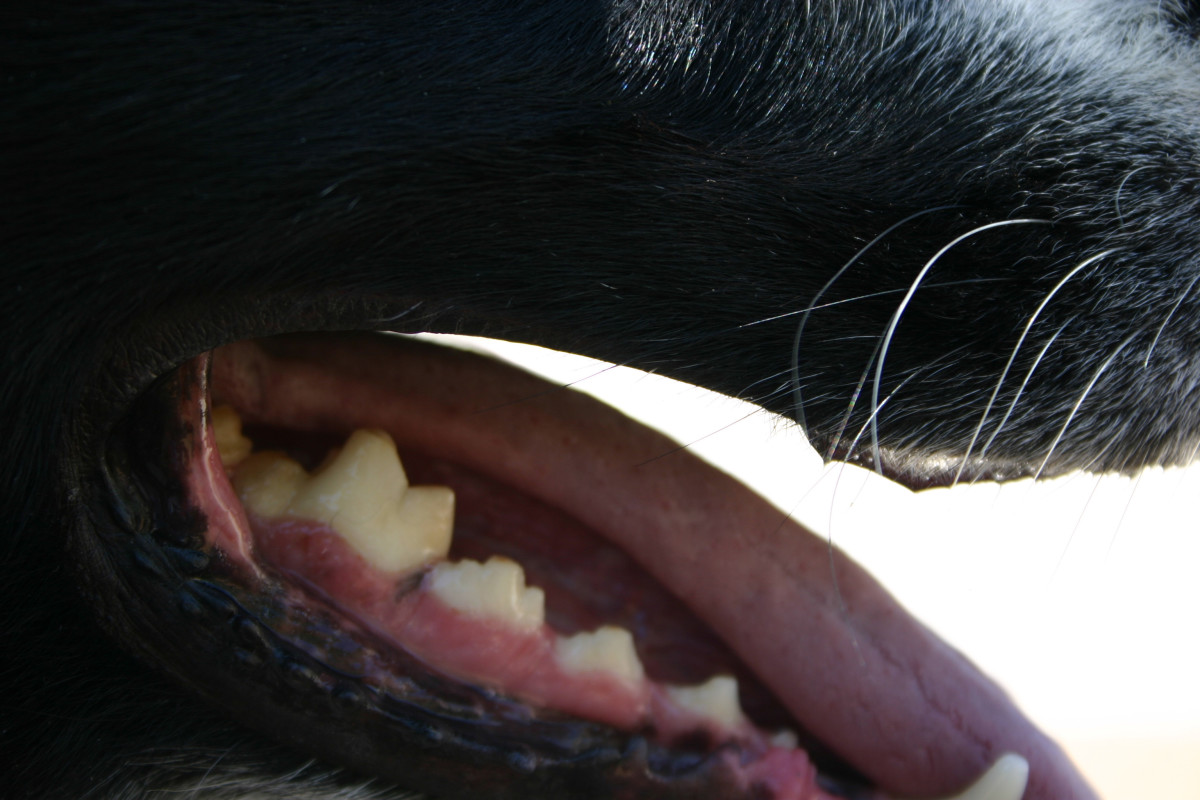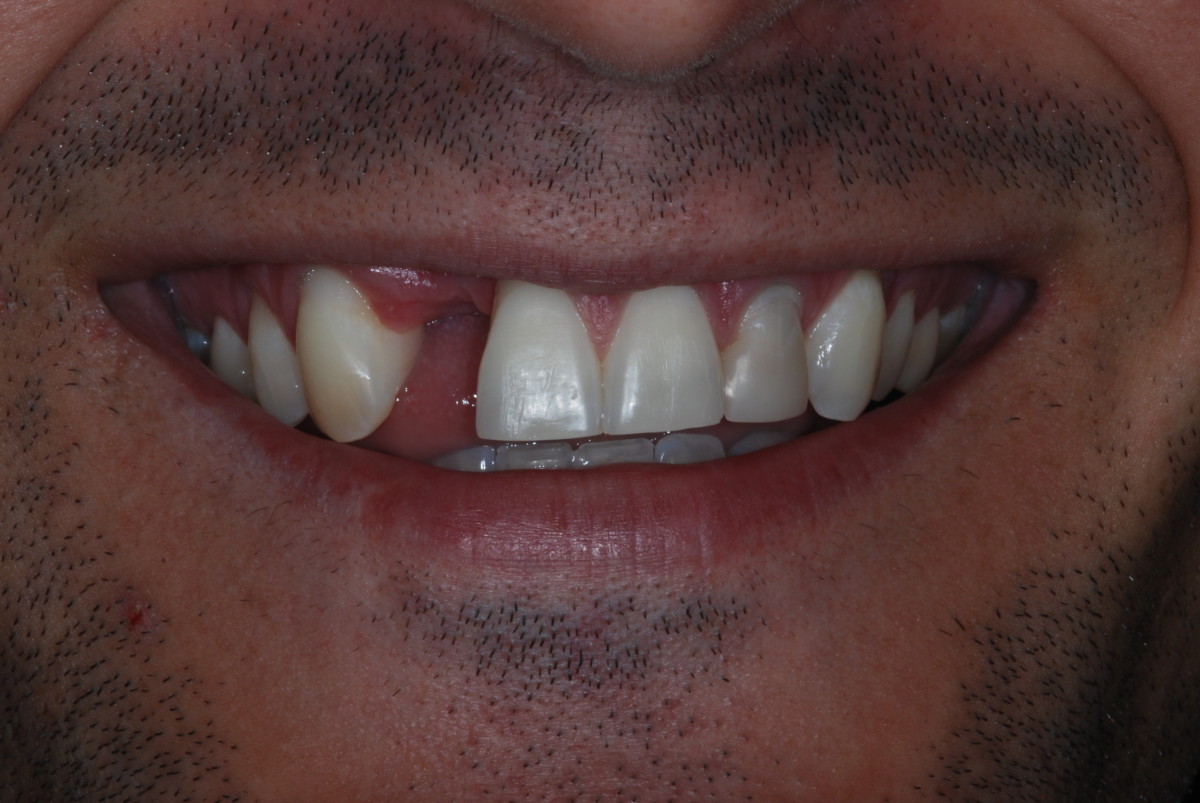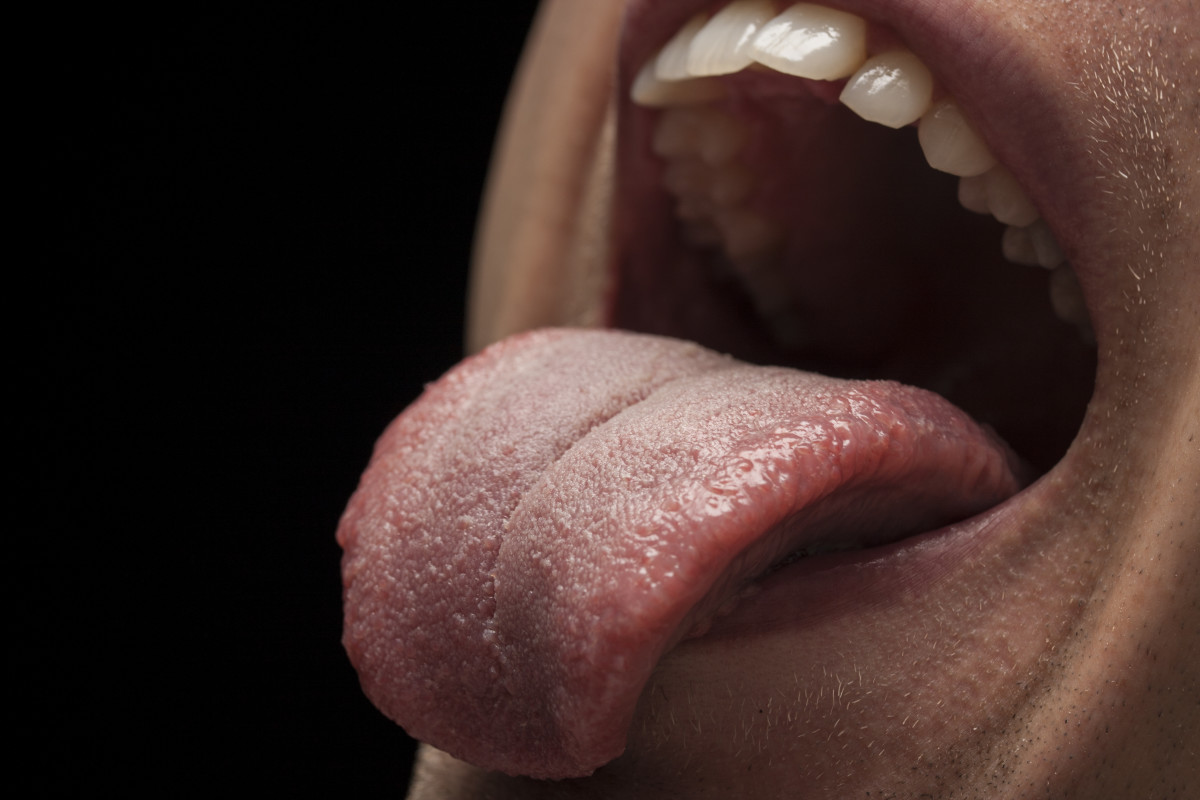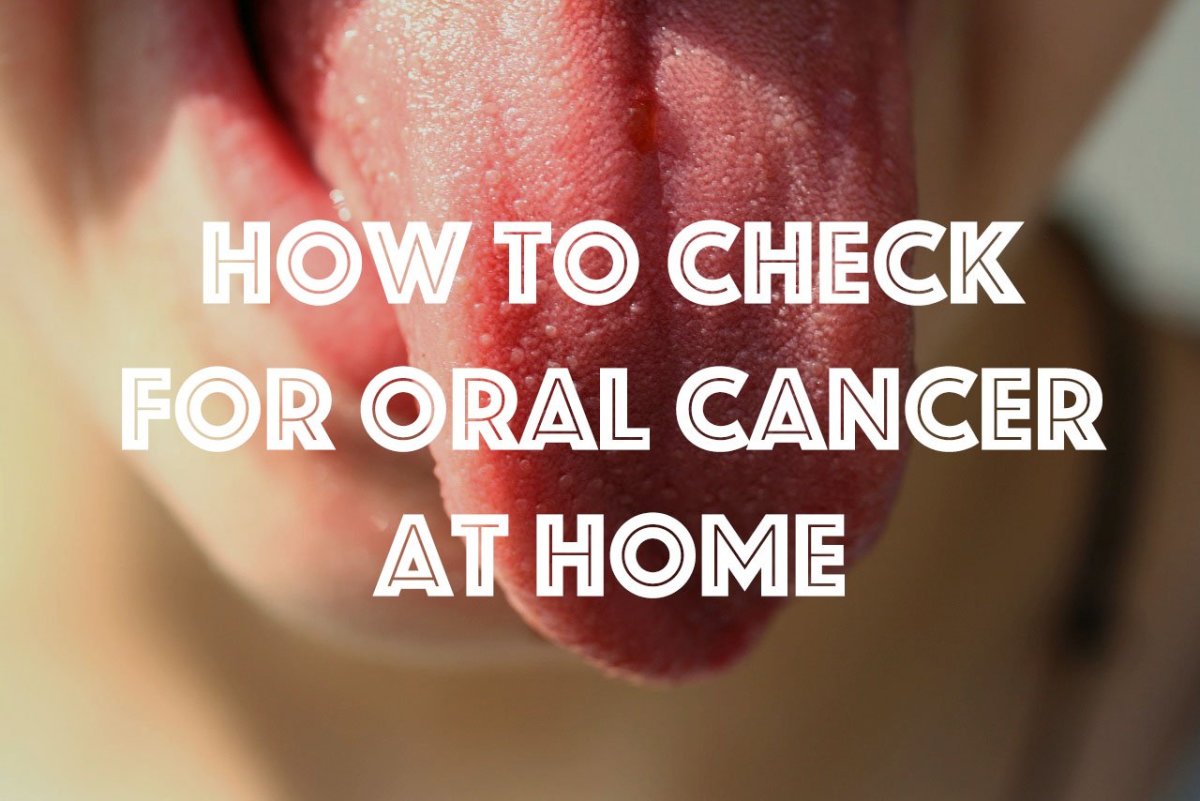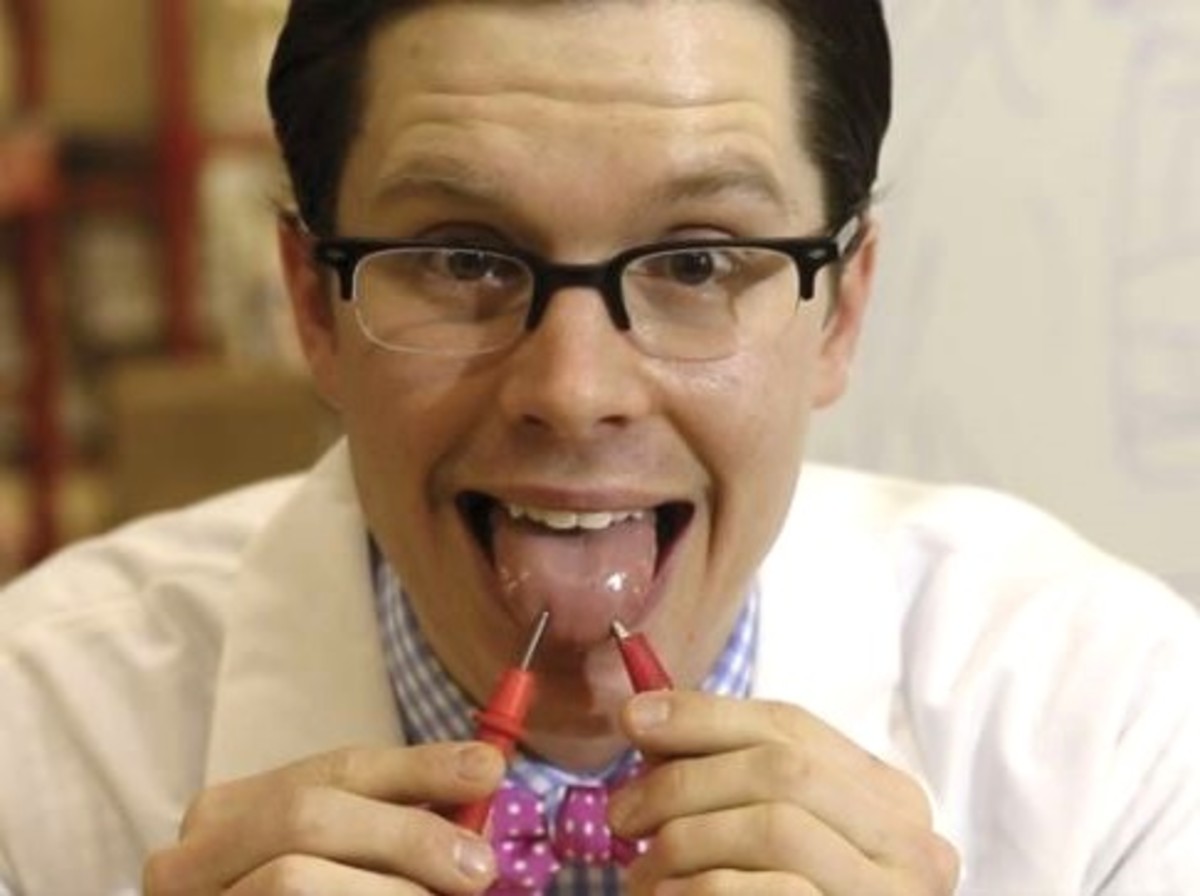Can You Heal Cavities Naturally with A Nutrient Dense Alkaline Diet?
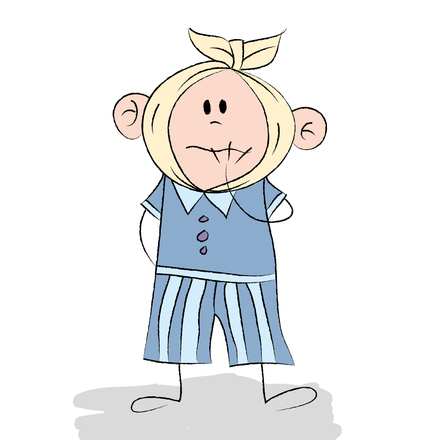
30 Day Trial of A Nutrient Dense Diet For A Healthier Mouth
For the next 30 days, I plan to eat a nutrient dense diet to see if I can gain healthier teeth. I have always been told my enamel is poor, and am hoping this diet will help. I will also be using a bentonite clay toothpaste with activated charcoal. I can see I am starting to get a cavity on a tooth and it would be great if I can heal it naturally, rather than by going to the dentist. I will be posting the food I eat each day, along with any supplements I am taking. I plan to increase my intake of fats and bone broth. I will focus on no grains, but may have some rice from time to time and will severely limit my intake of nuts. Beans are the only legume I was previously eating, so removing beans from my diet is not too difficult. Sweets will also be removed, but I will have some fruit and likely have some Manuka honey from time to time. Let's see if this really works!
The Research: Can you Cure Cavities with Nutrition?
Based on several studies and articles I have read, it is claimed to be possible to cure cavities and tooth decay by a specific diet in as little as 30 days (can take longer depending on the severity of the cavity). The diet is meant to remove cavities you currently have and you are not required to follow its strictness after the cavities have subsided. However, poor eating habits can create future cavities, so maintaining a healthy diet low in sugars and phytic acid is highly suggested.
How to Heal Cavities Naturally
How do we get cavities?
Bones and other tissues in our bodies regenerate. It has also recently been proven that brain cells can regenerate (article here). With that being said, why can't our teeth?
Teeth deterioration has been studied in different cultures around the world by Dr. Weston A Price. He observed cultures with ranging diets that did not have access to western dental care. It was found that those cultures not eating the common diet of today, did not face issues of tooth decay. When they were given the diet we eat today, evidence of tooth decay became apparent.
What causes higher amounts of cavities and tooth decay with our current diet? There are many reasons. Today we eat more grains, nuts, seeds and beans than that of our ancestors. Based on Research Phytic acid in grains, nuts, seeds and beans can have an impact on the health of our teeth. Phytic acid binds to nutrients and prevents the body from absorbing the minerals and nutrients. Studies have shown that calcium rates in the body decrease with excess phytic acid. Phytic acid is converted into phytates by the body, which cannot be absorbed and binds to calcium, taking it from the body. Eventually, the body is so depleted of nutrients diseases like osteoporosis can occur. Mineral deficiency, which can be caused by phytic acid reduces dentin fluid, which can aid in causing cavities. This is explained further below.
"In a phytate-rich diet, their bodies will suffer from the lack of calcium and phosphorus with poor bone growth, short stature, rickets, narrow jaws and tooth decay; and for the lack of zinc and iron with anemia and mental retardation."
— Ramiel Nagel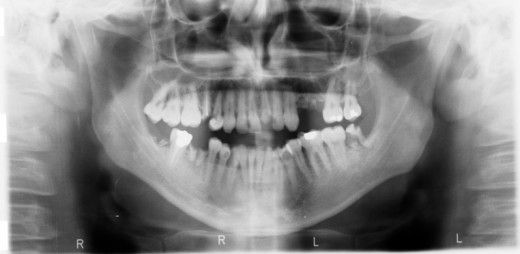
Two Types of Cavities
- Arrested cavity: it may not appear as a perfect pearly white, but the body has stopped the cavity from forming and has remineralized. According to most dental textbooks this can take 3 months to occur.
- Active Cavity: cavity is in an active state and continuing to progress. If it does not arrest/remineralize, seek a professional opinion.
Were you previously aware of holistic oral healing options?
A Deeper Look: How Do Our Teeth Work?
Our teeth have blood underneath our enamel and dentin. Dentin needs nutrients supplied to to it. The odontoblasts are within the pulp of the teeth, under the dentin. The odontoblasts go through the pulp and reach into the dentin, carrying nutrients from blood into the rest of the tooth. The flow of fluid and nutrients changes constantly. This directly impacts the ability to form a cavity. If teeth are dry, then the teeth will absorb bacterial acids (from sugar) will be sucked into the teeth. If the the odontoblasts are delivering much fluid and nutrients than the teeth will be moist and will not be as inclined to absorb bacterial acids. Increased levels of cortisol can reduce the flow of nutrients and fluid from the odontoblasts. This is because the body is in self preservation mode and heightened. When the body has reduced stress, it reduces cortisol production and resumes these functions again.
Sugar does not only affect our teeth on the outside by helping to produce cavity causing bacteria, but it also restricts the flow of fluid and nutrients to the dentin. This does not meant you cannot have any sugar at all. It means elevated levels of blood sugar will cause the body to go into self preservation mode, so it is important to maintain balanced blood sugar levels. This means that the diet can contain sugars such as fruit or other natural sugars that do not cause spikes in blood sugar when consumed properly.
Getting rid of the particles of food on teeth is important. When the bacteria that causes cavities is created, it sucks the nutrients and minerals from the teeth. Brushing teeth removes these particles and any remains that may cause the bacteria and acidic environment to form.
Our Saliva also helps in remineralizing our teeth. If you are dehydrated you body may not produce enough saliva to protect the teeth. The saliva also needs to have an alkaline saliva at pH 7. Acidity demineralizes teeth. You can test your saliva when you wake up and throughout the day to see how your diet impacts your pH levels. This will help to figure out how your body reacts. Your mouth will not remain at an alkaline state the entire day. It is normal to fluctuate. You can correct it by utilizing foods that will bring it back into an alkaline state, like water. It is important to go to sleep with a mouth that is at a balanced pH.
Dentin is made of hydroxyapatite, which is calcium, phosphorus and hydroxyl (hydrogen and oxygen molecule). When minerals are deficient in the body, meaning the tooth is in a "dry" state as explained above, the body naturally wants to create a balance. The minerals will need to move from the highly concentrated area to the lower concentrated area on the outside of the tooth. Acid draws minerals out of the tooth, and the hydroxyl in the tooth wants to form water, rather than staying in the tooth. By combining with another hydrogen, it can create more water, via leaving the tooth and is demineralized to create a balanced state in the saliva. Saliva therefore, needs to have a lot of calcium and phosphorus to balance acidity levels.
There is another piece of the process that is important in understanding how we can form cavities. Matrix metalloproteinases, known as MMP's, help our body by removing damaged parts. When there are too many MMP's and too little inhibitors, then dentin cavities are created. They are signaled to turn on by free radicals. Free radicals are naturally produced by our body for multiple reasons. One is to signal our MMP's. Small amounts of free radicals=small amounts of MMP's, which is a proper functioning system. Antioxidants reduce free radicals, so it is important to have enough antioxidants in the diet.
Matrix metalloproteinases (MMPs) are a group of enzymes that in concert are responsible for the degradation of most extracellular matrix proteins during organogenesis, growth and normal tissue turnover.
— Institute of Dentistry, University of HelsinkiHow To Reverse Tooth Issues
- Ingest sufficient nutrients to maintain an alkaline state in the body
- Make sure nutrients are bio-available and can be absorbed
- Insure stress levels are reduced and you have plenty of rest
- An Alkaline pH level should be maintained to prevent cavities and restore teeth
- Nutrition has a significant impact on your tooth health and it is not just how you take care of your teeth externally
Oil Pulling for Oral Care?
Coconut oil is packed full of lauric acid. Lauric acid reduces cavity causing bacteria based on many studies. Coconut oil pulling has become widely popular because of this. After the teeth have been brushed, swish coconut oil for 15 minutes and spit out into a trash can. Do this daily.
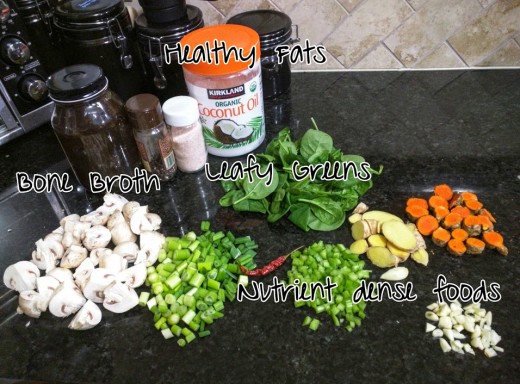
Some Foods & Nutrients Needed to Restore Teeth (Some Potential Options)
- Leafy green vegetables: alkaline food, antioxidant, minerals and nutrients
- Antioxidant rich fruits (best to eat fruit with other foods to prevent sugar spikes)
- Mone broth: nutrient powerhouse that is easy for the body to absorb. Full of vitamin D, calcium, magnesium, gelatin, collagen, phosphorus, potassium, glycine, proline and amino acids in higher concentrated amounts than meat.
- Coconut oil to increase bio-availability of nutrients in food
- Cod liver oil
- Fermented foods or foods high in probiotics
- Omega 3's
- Organic Grass fed Meats
- Pasture Raised Chicken Eggs
- Vegetables, heavy focus on leafy greens and variety in vegetables
- Tons of healthy fats like grass fed butter or ghee (short chain fat), tallow (from making broth), coconut oil (medium chain fat, avocados (long chain fats) etc.
- Raw Dairy products (if your body can tolerate dairy)
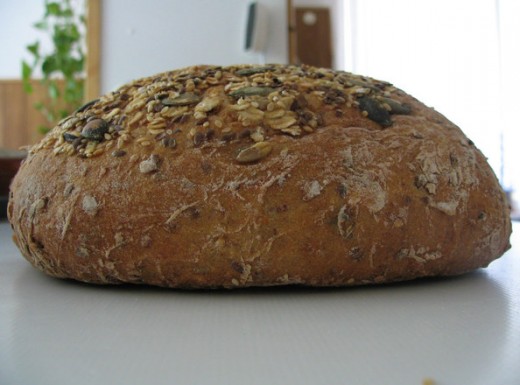
Foods to Reduce and/or Elminate
- grains (wheat, rice, corn)
- oats
- nuts
- seeds
- legumes (peanuts, beans, chickpeas etc.)
- sugar or foods high in sugar
- reduce starches (including starchy vegetables) and focus on mineral rich foods
- Dairy (only raw dairy products due to added steroids, estrogen etc.)
- conventional meat products (high in acidity, antibiotics, steroids etc.)
**Stay away from plastic containers, especially when heated. The plastics will leak into your system and cause hormonal imbalances**
(If you choose to have grains in your diet, eat sprouted gains due to the lesser phytic acid content)
How Will My Diet And Tooth Care Regime Change?
Fixing cavities comes from within the body primarily. Changing the diet to reduce sugars and increase healthy, nutrient dense food options, can create an alkaline state in the body. Without an acidic environment cavities cannot form. Taking care of the exterior of the teeth is also important as well. Using a round brush toothbrush will prevent my enamel from being destroyed. In addition, the tooth powder is full of calcium, magnesium and potassium, re-balancing an acidic environment into an alkaline one. This is very important before sleep because that is when the mouth tends to dry out and is more susceptible to creating an acidic environment where nutrients and minerals are lost through the dentin.
So here is what I plan to do:
- Only homemade foods
- Bone broth daily
- More vegetables
- More healthy fats- primarily coconut oil, beef tallow
- Vitamin D and Probiotics liquid supplements taken with food
- Brushing with a round tip toothbrush to protect enamel
- Activated charcoal and bentonite clay tooth powder instead of toothpaste, no fluoride
- I will be oil pulling with coconut oil for 15 minutes daily
- I will floss daily
- No refined sugar, minimal honey or maple syrup as sweeteners
- minimal fruit, will focus on antioxidant rich fruit
- no legumes
- little to no grains (may have small amounts of rice)
- little to no nuts
- focusing on creating an alkaline state in the body by maintaining a diet of 80% alkaline foods
- The only dairy I currently eat is cheese and butter. I will insure I am only eating raw and grass fed
The Next 30 Days!
I will post updates about my daily diet throughout the next 30 days and hopefully will be cavity free and healthier in 30 days!
Can You Heal Cavities Naturally A Nutrient Dense, Alkaline Diet- Day 1
- Can You Heal Cavities Naturally A Nutrient Dense Diet- Day 1
Can you heal cavities by diet alone?
Sources
Benoit, Dr. Judene. (2015). Prevent Decay Using Natural Methods Internally & Externally – 6-26-2015. Extreme Health Radio. Retrieved from http://www.extremehealthradio.com/ep-383-dr-judene-benoit-how-to-stop-cavities-prevent-decay-using-natural-methods-internally-externally-6-26-2015/
Nagel, Ramiel (2010). Living With Phytic Acid. The Weston A. Price Foundation. Retrieved from http://www.westonaprice.org/health-topics/living-with-phytic-acid/
Sorsa T1, Tjäderhane L & Salo T. (2004) Matrix metalloproteinases (MMPs) in oral diseases. Oral Dis.10(6) 311-8. Institute of Dentistry, University of Helsinki. Retrieved from http://www.ncbi.nlm.nih.gov/pubmed/15533204
How to Reverse Tooth Decay & Cavities. (2016) Wellness Mama. Retreived from http://wellnessmama.com/1756/reverse-tooth-decay/
© 2016 Healthy Habits


